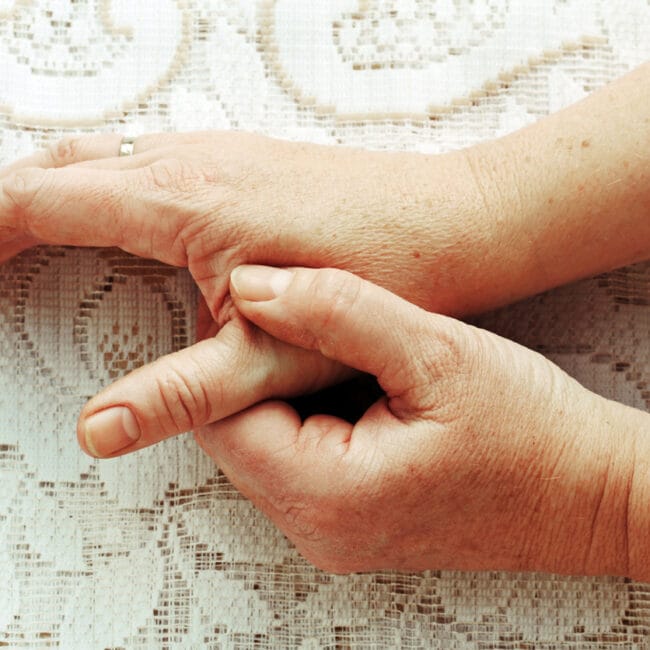Muscle cramp is a term used to describe the involuntary contraction of a muscle, which does not immediately relax afterwards. If relaxation of the muscle does occur straight after, it is a spasm. Any muscle in the body is capable of cramping, although the muscles in the legs are far more susceptible to cramps than any other. A muscle that cramps will often become tangibly, and sometimes visibly, stiffer.
There are many possible causes of muscle cramps, although it is not always possible to identify the cause of a specific cramp. Dehydration, overuse, strain, injury, or prolonged periods of rest are the most common reasons our muscles tend to cramp. Cramps overwhelmingly occur in the muscles we can move voluntarily, e.g. muscles in the leg or neck, but can also occur in those that cannot be moved voluntarily, such as the uterus or sphincter. Cramping of the involuntary muscles could be a sign of an underlying medical condition, and do not necessarily work in the same way as cramps of the voluntary muscles, so for the purposes of this article, we will be focusing on the latter.
Overuse and dehydration are two of the most common causes of cramps, and could both be contributing factors in the same cramp. A muscle that is overused can become fatigued, which can lead to a cramp during physical activity, or hours later. It is also believed that some cramps may be a protective mechanism, to prevent further damage to an affected area. Dehydration simply means that the muscles are not getting enough fluid to keep them lubricated, which will result in a cramp. Low amounts of sodium in the body, a condition which is often associated with dehydration, could also be a contributing factor. Shifting bodily fluids, where fluids pool in the abdominal cavity for example, can have a similar effect, but are usually the result of something else, like liver problems or dialysis.
The best way to prevent muscle cramps is to take a multi-pronged approach. If you think your cramps are caused by excessive rest, you need to move the affected area more often. If you think they are caused by overuse, you need to rest the area more. Either way, gently stretching and massaging the area will help keep cramps at bay, especially if they recur frequently. If this is the case, the heat pads, hot baths, or showers can also help loosen up the area. Staying hydrated is extremely important, and a sports drink with electrolytes can be particularly beneficial in achieving this.
At least 95% of people will experience muscle cramps, and they tend to get more common as we get older. Most of the time, they are absolutely nothing to worry about, and tend to just be a nuisance. But if you are experiencing them on a regular basis, you may want to consult a professional. The cramps could be a symptom of an underlying issue, but even if they are not, you may be able to figure out the cause and make the recurrence of cramps less frequent.










